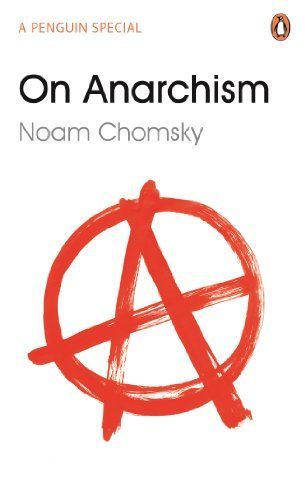
On Anarchism
What is Anarchism? Anarchism is a radical scepticism about structures of domination, authority and hierarchy throughout human life, from the patriarchal family to imperialism. The anarchist asks those in power to prove their claims to authority - and argues that if their systems can't be justified then they ought to be dismantled and replaced by something more free and just. In On Anarchism, Noam Chomsky - author, activist and anarchist - offers a vital overview of the meanings of anarchism and the foundations of his thought. Refuting the notion of anarchism as a fixed idea, and disputing the traditional fault lines between anarchism and socialism, this is a book sure to challenge, provoke and inspire. Profoundly relevant to our times, it is a touchstone for political activists and an essential introduction for anyone interested in deepening their understanding of both anarchism and Chomsky's thought.
Reviews
Liam Richardson@liamactuallyreads
Safiya @safiya-epub
Kieran Wood@descent098
Rob Brogan@rob
ahmed@ahmd
Stephen Campbell@stephencampbll
Jamie Brynes@jamiebrynes7
Clare Robnett@clarebear325
Kira L@krispyk